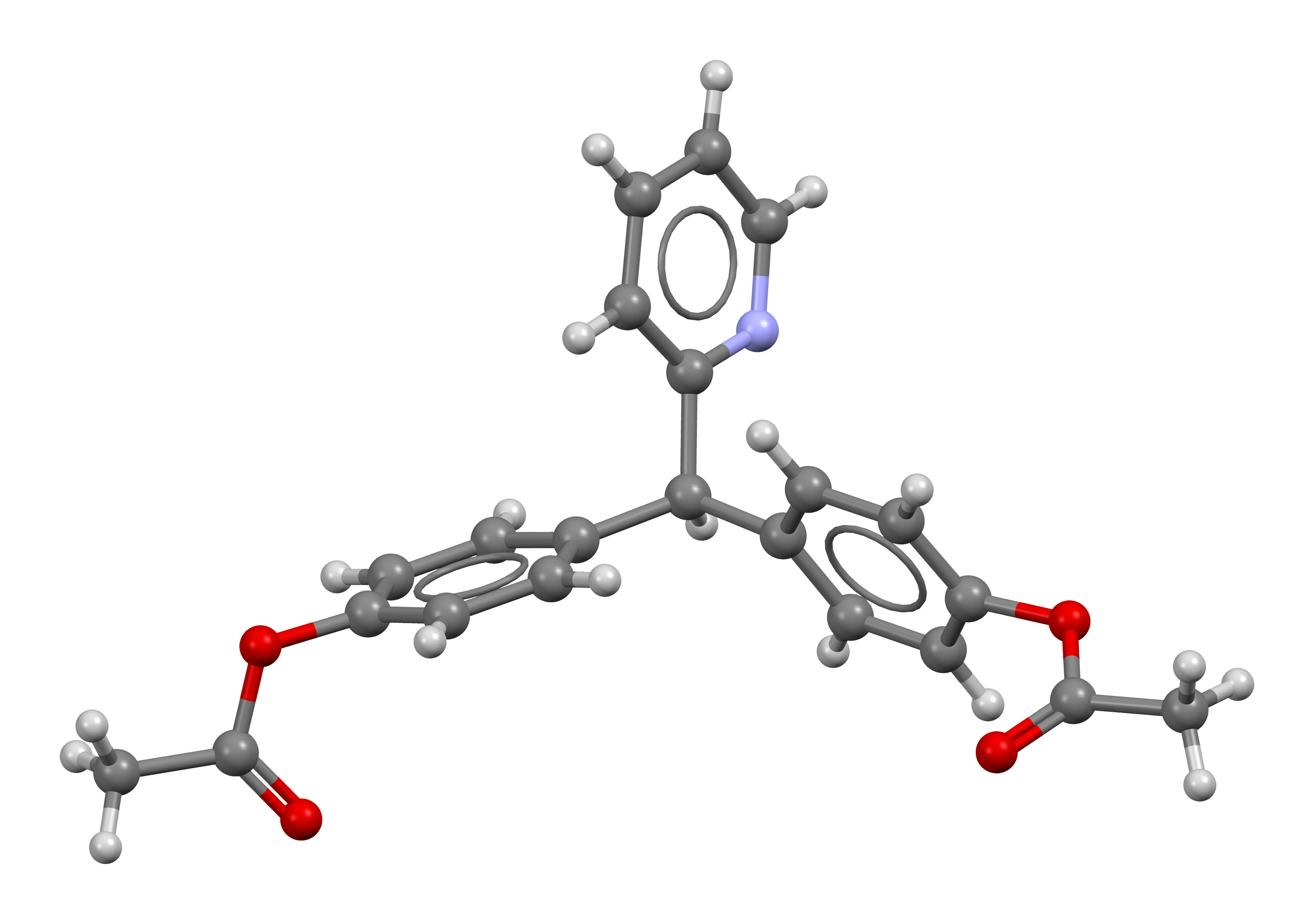| drug name | Bisacodyl |
| classification | Laxative, stimulant |
| pharmacokinetics | Bisacodyl is primarily absorbed from the small intestine. It stimulates colonic motility by increasing the intracellular cyclic adenosine monophosphate (cAMP) levels in the smooth muscle cells of the colon. This increased cAMP leads to enhanced colonic contractility and evacuation. The primary route of elimination is via the feces. Some metabolites are also excreted in the urine. |
| suggested dosage | | adult | | oral | 5-10 mg, one to three times a day as needed. | | rectal | 10-15 mg as a suppository, one to three times a day as needed. |
| | special considerations | Dosage may need adjustment based on individual response. Consult a healthcare professional for specific guidance. | | patient specific considerations | For a 70kg male patient, the typical oral dosage range would be in line with the adult range mentioned above. However, individual requirements may differ, and a doctor should determine the appropriate dose. |
|
| indications | Bisacodyl is used for the relief of occasional constipation, for evacuating the bowel before diagnostic procedures, and for treating certain types of bowel conditions. It is often used for short-term relief. |
| safety in pregnancy | Limited data is available. Bisacodyl should be used with caution during pregnancy. Consult your doctor before use if pregnant or planning a pregnancy. |
| safety in breastfeeding | Bisacodyl is excreted in breast milk, although at low levels. Use of bisacodyl should be weighed against the potential benefits in relation to the potential risks to the infant. Consult with a healthcare professional. |
| side effects | | 1 | Abdominal cramps | | 2 | Nausea | | 3 | Vomiting | | 4 | Diarrhea | | 5 | Headache | | 6 | Increased bowel movements | | 7 | Rectal pain or irritation (with rectal suppositories). |
|
| alternatives | |
| contraindications | | 1 | Known hypersensitivity to bisacodyl or any of its components | | 2 | Severe dehydration | | 3 | Intestinal obstruction | | 4 | Severe abdominal pain of unknown origin. | | 5 | Patients with certain conditions involving the colon, such as inflammatory bowel disease or a history of bowel perforations should discuss potential use with a doctor. |
|
| interactions | | 1 | Possible interaction with other medications, particularly laxatives. Do not use other laxatives concomitantly with bisacodyl unless directed by your healthcare provider. | | 2 | Some medications may affect the absorption or metabolism of bisacodyl. Inquire about potential interactions with any current medications. |
|
| warnings and precautions | | 1 | Do not use bisacodyl for extended periods without consulting a healthcare professional. | | 2 | Excessive or prolonged use can lead to electrolyte imbalance or dependency. | | 3 | If constipation persists for more than a few days or is accompanied by other symptoms, consult a healthcare professional. | | 4 | Do not exceed recommended dosage. In case of an overdose, consult a healthcare professional immediately. | | 5 | Bisacodyl suppositories may cause rectal irritation. Use with caution in patients with existing rectal conditions. | | 6 | Consider other options if bisacodyl does not provide adequate relief. |
|
| additional information | Bisacodyl should only be used as directed by a healthcare professional. Always follow the instructions provided with the medication. If you have any questions or concerns about bisacodyl or your use of it, consult your doctor or pharmacist for advice. Do not self-treat. |
| patient age | 25 |
| patient weight | 70kg |
